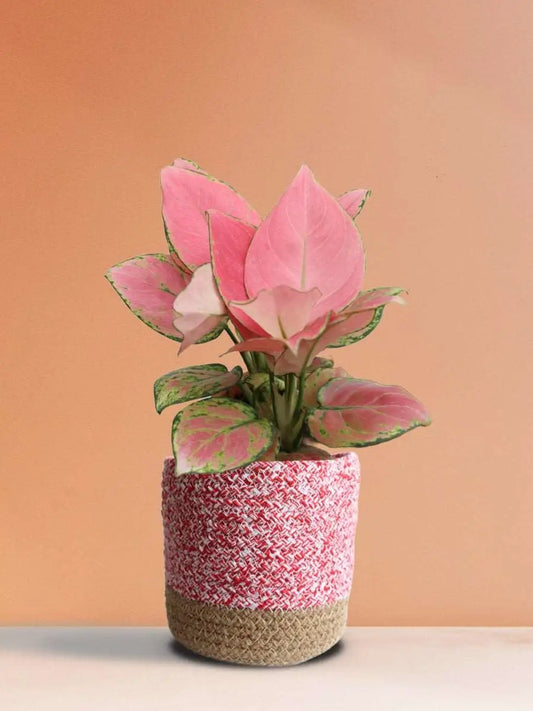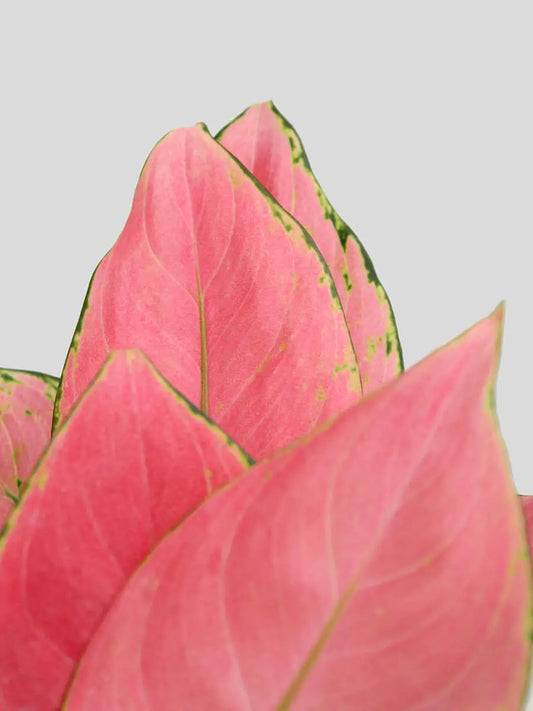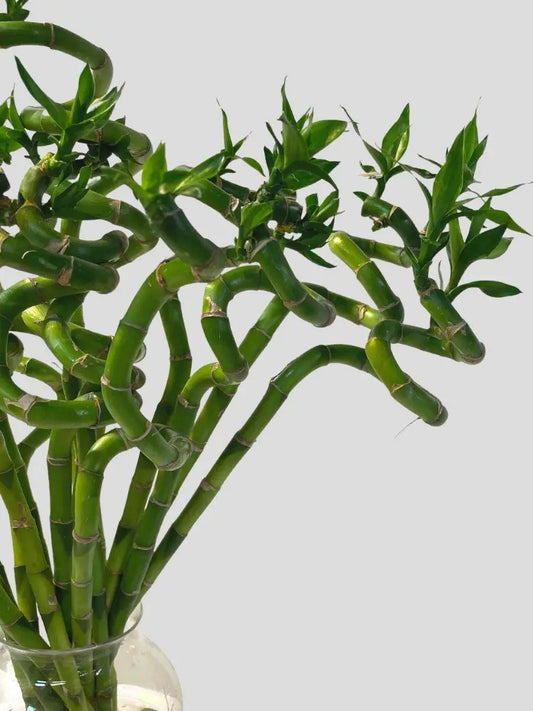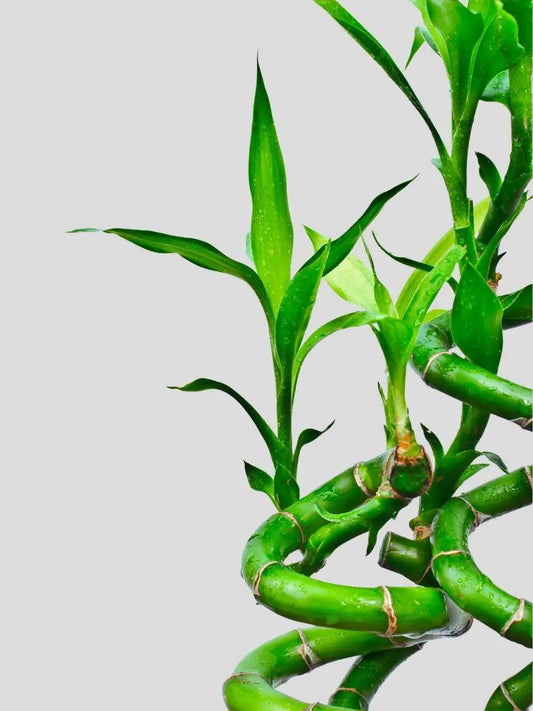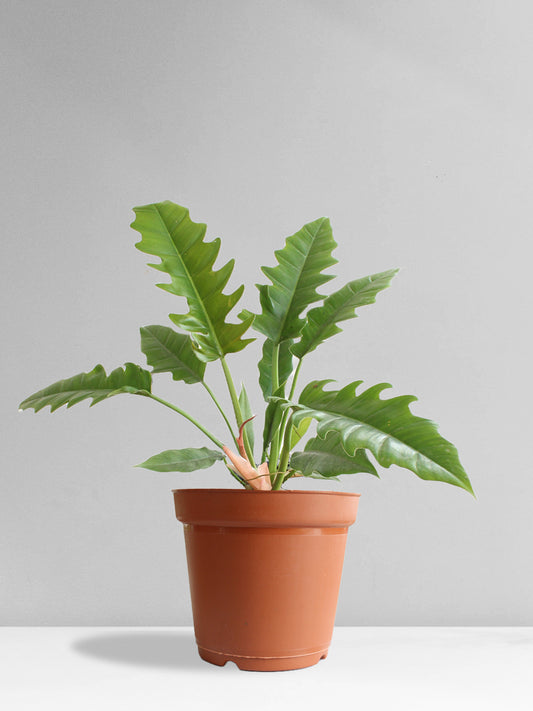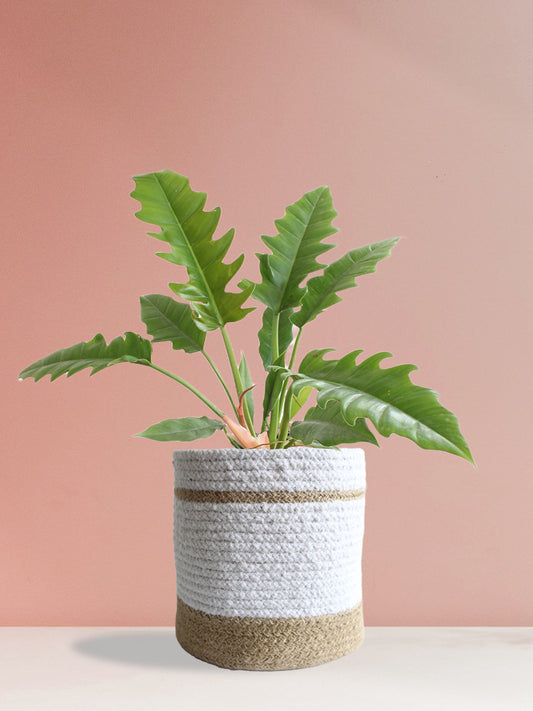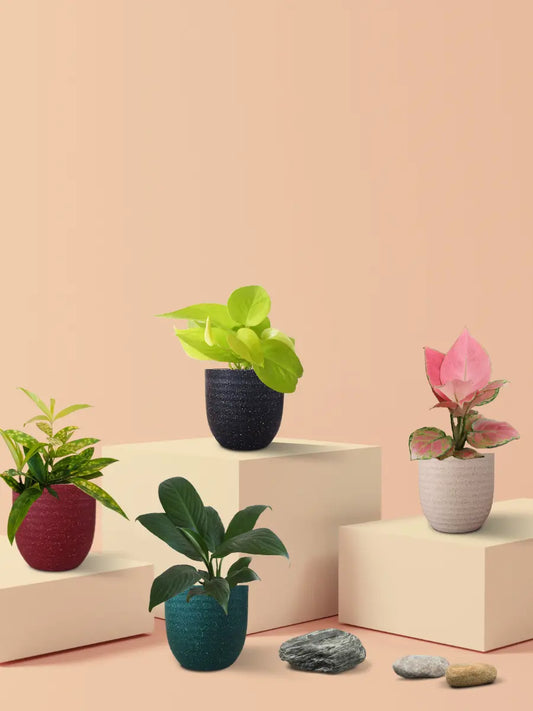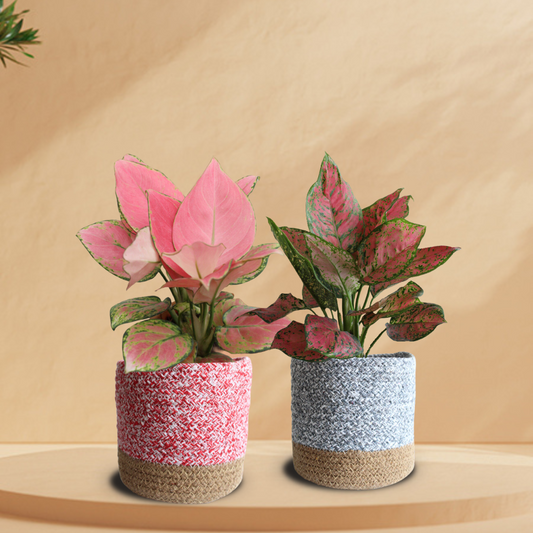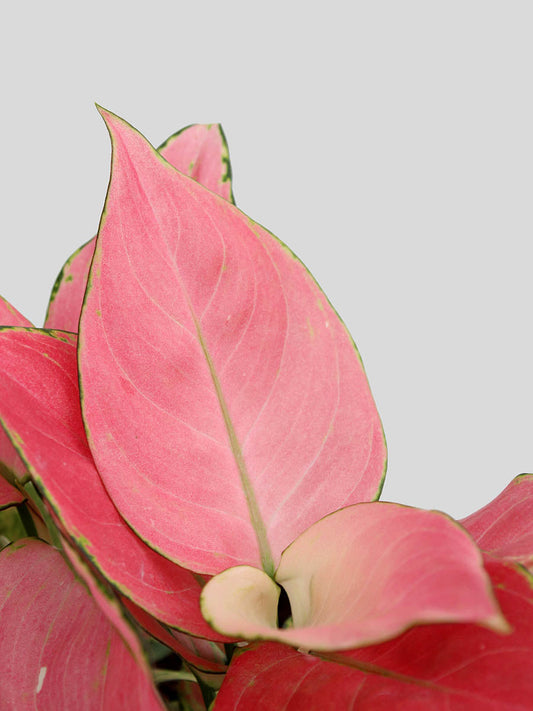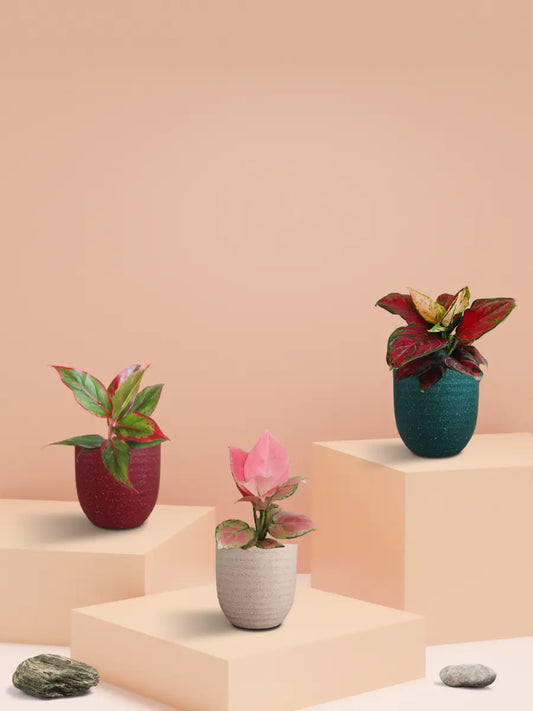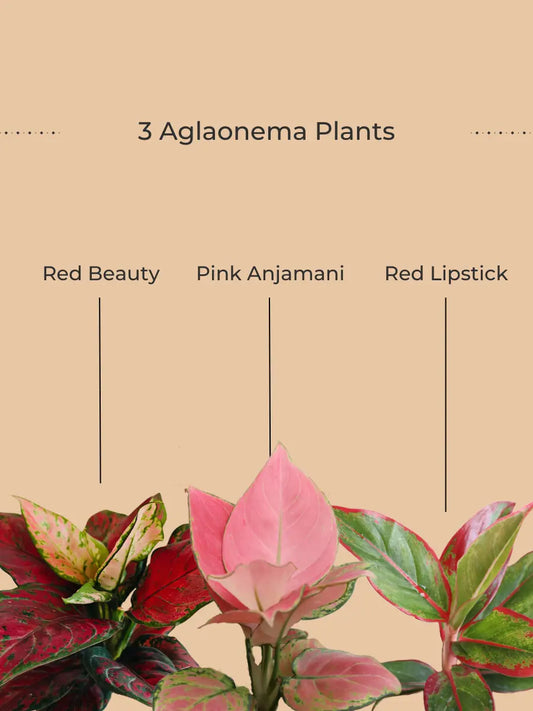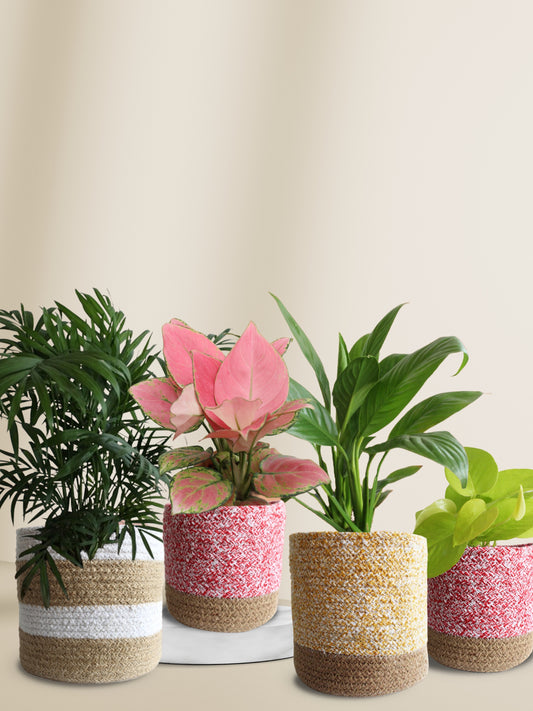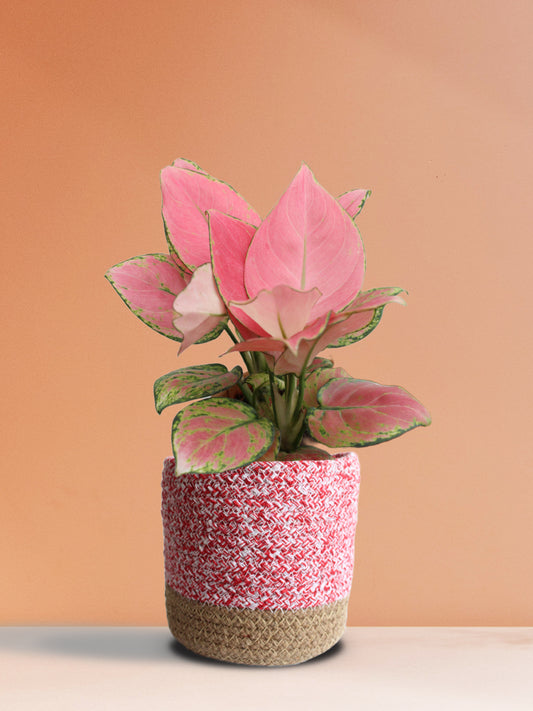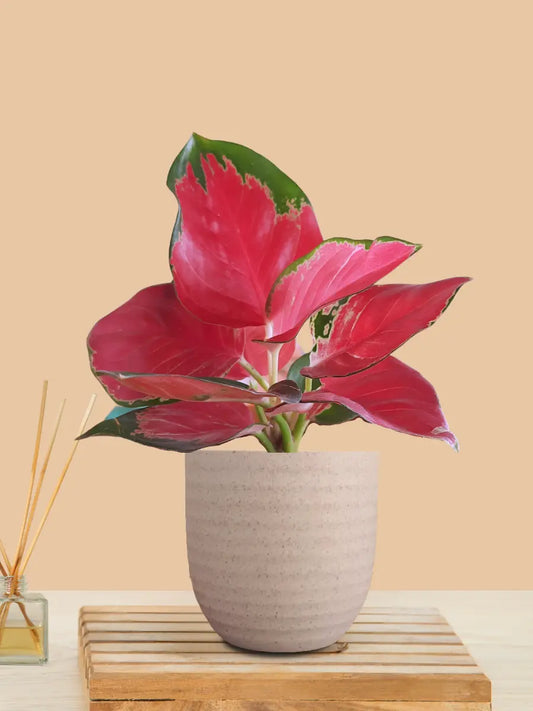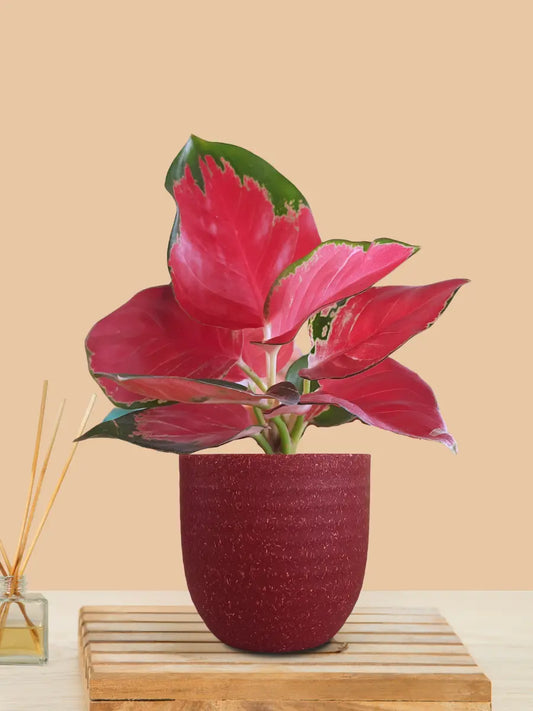Introduction to Medicinal Plants
Do you know that India has a long history of using plants as medicine? How do they work? Ayurveda is known as the traditional way to heal in India. India's Ayurvedic doctors manage illnesses with plants most of the time. In ancient India, medicinal plants were used for more than just health. They were also used for cultural reasons. As part of Indian traditional medicine, people have been educated on how to use medicinal plants for a long time. In India, most people call them Vaidyas, which means "traditional doctor." Moreover, medicinal plants play a significant role in India's rich history of using them, & they have many beneficial effects on culture & healthcare as a whole.
Keep reading to find out more about the history of Indian medical plants, how they relate to Ayurveda, among the Top 13 medicinal plants in India, & the few remedies, uses, & benefits of these plants.
Understanding the medicinal plants of India
History of Indian Medicinal Plants:
Ayurveda, the Indian medical tradition, has its origins in more than five thousand years of plant medicine. As an integrated science, Ayurveda stresses how important it is for the body to keep the three doshas (Vata, Pitta, & Kapha) in balance. Nature's balance & nature's disorder are different from each other. The Charaka Samhita by Maharishi Charaka, known as the "Father of Indian Medicine," & the Sushruta Samhita by the great Indian herbalist Sushruta are two of the oldest Ayurvedic texts. They explain the practice of Ayurveda & its methods, such as how to identify medicinal plants & use them to balance the body's doshas & heal illness.
Ayurveda & Indian Medicinal Plants:
According to the Ayurvedic holistic method, concerns with the doshas can cause psychological & physical disorders. According to Ayurveda, more than 7,000 plants are used today to heal & treat illnesses. People use these plants by themselves or with other medicines to get better. The ideas behind these ways come from the Samhitayurvedic tradition of "furtative science," or festivals. The Indian system accepts a plant called Ayurveda as a medicine.
Also Check This: Top 11 Religious Plants in India: Sacred Plants of India
Top 13 Medicinal Plants in India
The top 13 medicinal plants in India are:
1. Tulsi (Holy basil, Ocimum tenuiflorum L., Lamiaceae):

Holy basil, or tulsi, is revered in India for its spiritual & therapeutic properties. The essential oils present in this medicinal plant contribute to the enhancement of the body's immunity by enhancing the function & response of immune cells to pathogens. Its adaptogenic characteristics reduce cortisol, helping you manage stress. It fights cancer, respiratory infections, & swelling. Its leaves contain antioxidants that may prevent tumor & cancer growth. Moreover, Tulsi Plant eliminates germs & clears the nose, helping with coughs, colds, & congestion.
2. Shatavari (Asparagus racemosus):

Shitavari, an adaptogenic plant, heals & strengthens women. It increases fertility by functioning like estrogen, which enhances egg quality & regulates periods. It aids in breastfeeding, alleviates the symptoms of menopause, & reduces stress by regulating cortisol levels. Since it reduces inflammation, shatavari can help with gut health & inflammatory illnesses.
3. Atees (Aconitum heterophyllum):

Atees is a potentially hazardous plant that should only be used under the supervision of a qualified Ayurvedic practitioner. However, its therapeutic benefits include pain alleviation, inflammation reduction, & antipyretic properties. Nevertheless, cautious usage is required due to its lethal toxicity.
4. Bhumi Amlaki (Phyllanthus amarus or P. niruri):

Bhumi amlaki is a tiny, sour fruit that is a natural remedy for several conditions due to its antioxidant & vitamin content. As an antipyretic, it lowers fevers & eases cough & cold symptoms. It helps digestion by making more enzymes & bile, loosens up congestion, & protects against free radical damage.
5. Brahmi (Bacopa monnieri):

A nootropic herb called brahmi improves cognitive skills like memory & the brain. It is also used to raise the levels of acetylcholine in the brain to help with cognitive improvement. Additionally, it lowers stress & fear by keeping cortisol levels in check. The anti-inflammatory effects of brahmi may also assist in brain health & neurodegenerative diseases.
6. Chirata (Swertia chirata):

Bitter chirata has traditionally been used to aid digestion & liver function. It reduces body temperature & stimulates bile production to treat jaundice. It reduces body warmth, relieves constipation, & promotes digestion by enhancing digestive enzymes & bile production.
7. Giloy (Tinospora cordifolia):
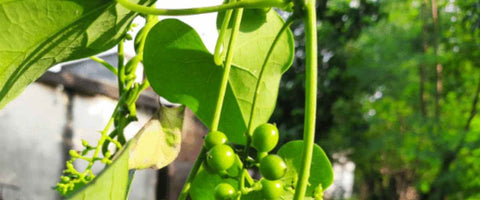
Giloy is an adaptogenic herb with many health benefits. It reduces stress, enhances the immune system, improves liver health, decreases blood sugar (which could cure diabetes), & heals coughs, colds, & asthma. Its antibacterial effects may treat coughs, colds, & bronchitis, while its adaptogenic properties reduce anxiety.
8. Guggul (Commiphora mukul):

Guggul is a resinous product that has several uses in Ayurvedic medicine, including inflammation treatment, cholesterol lowering, & weight loss. It lowers cholesterol, reduces inflammation from arthritis, asthma, & psoriasis, speeds up metabolism, & reduces hunger to help you lose weight.
9. Licorice (Glycyrrhiza glabra):

Licorice has long been used for its medicinal benefits. It has traditionally treated heartburn, indigestion, & ulcers by aiding digestion & reducing swelling. Its adaptogenic properties reduce stress, improve the immune system, & treat lung infections like coughs, colds, & bronchitis.
10. Makoy (Artemisia vulgaris):

Makoy, a sour plant, is used in Ayurvedic medicine to treat swelling, kill germs, & assist with breathing easier. It reduces swelling in inflammatory disorders such as asthma, eczema, & arthritis. It also fights coughs, colds, & bronchitis & clears the lungs of phlegm.
11. Sarpgandha (Rauwolfia serpentina):

The Sarpagandha plant is used in Ayurvedic medicine for its anti-inflammatory, antimicrobial, & sedative properties. It treats coughs, colds, & bronchitis. Plus, it reduces tension & anxiety & may lower blood pressure, making it a natural high-blood pressure medication.
12. Senna (Cassia angustifolia):

Senna, a botanical remedy, is derived from the plant Cassia angustifolia. In addition to easing constipation, it is also known for its laxative effects. Sometimes used before a colonoscopy to cleanse the intestines. It has antibacterial & anti-inflammatory qualities that may help with inflammatory bowel diseases & modest digestive benefits when used against specific microorganisms.
13. Aloe Vera (Aloe barbadensis Miller):

Aloe vera is a succulent medicinal plant. It has thick & fleshy leaves that help improve the skin, digestive, & immunological systems. Plus, its anti-inflammatory properties lessen inflammation from various diseases. Aloe vera contains a gel that is thick in nature & is known worldwide for its numerous health benefits. It is quite similar to aloe vera juice.
Also Check This: Breathe Easy: 11 Best Indoor Plants For Oxygen
Benefits of Medicinal Plants:
- Long-Term Health Care: As an alternative to harmful pharmaceuticals, medicinal plants have the potential to alleviate health problems for the long term while also reducing environmental impact.
- Holistic Approach: The use of medicinal plants to heal addresses the root causes of problems or illnesses by sustaining a focus on how the body, mind, & soul are affected.
- Cultural Preservation: Using plants as medicine is actually an old custom that helps keep cultural traditions in existence & connects people to their history.
- Cost-Effective Health Care: Many medicinal plants are easy to find & can be grown at home in a low-maintenance window planter or outdoor garden.
Remedies for Medicinal Plants:
There are different ways to consume medicinal plants. The following four remedies work most of the time:
- Drinking herbal teas: Herbal teas are made by soaking medicinal plants in boiling water. After the drink is made, it can be squeezed & sipped. Herbal tea can help you relax & even feel better. Whenever possible, it is advised to stay away from using sweeteners or products containing artificial flavors.
- Poultices: Some plants' fragmented or crushed portions can be used to help with skin problems or swelling. You just need to put the ground-crushed plant material on the spot you want to treat, let it stay for as long as you wish, & then wash it off. This can be used as a face mask too.
- Tonics & Extracts: For specific benefits, small amounts of tonics & extracts from medicinal plants are capable of being taken.
- Blends with Ayurvedic Principles (Ayurvedic Formulations): There is an old system of medicine in India called Ayurveda. Many medicinal plants are used in Ayurvedic preparations, which are then turned into drinks, foods, & medicines that have a wide range of health benefits.
Also Check This: Indoor Plant Buying Guide: How To Choose The Best Indoor Plant
Conclusion
Plant medicine in India is old & still influences modern medicine. In a world that values natural treatments & sustainable healthcare, India's medicinal herbs embody the wisdom & significance of past health methods.
Like medical plants, houseplants are good for your health in many ways. First, houseplants naturally clean the air inside, making it healthier to be inside. Second, having greenery around can lower stress & improve mental health. They also add a natural look to a room. Also, different blossoms bring nature & beauty into your living space, which makes it look better.
So, explore Greenkin to get the benefits of “medicinal benefits” that promote a “green” lifestyle & bring nature in to better connect & balance you.


